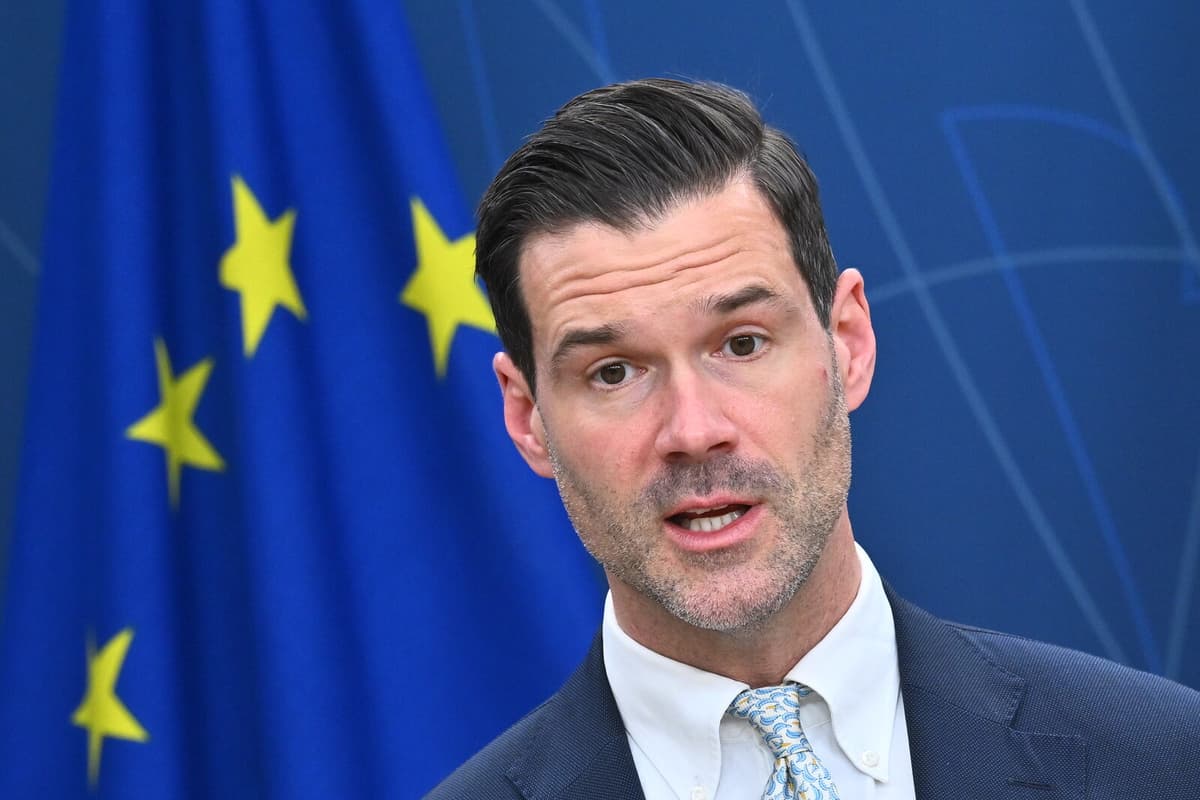The inquiry into asylum law at the EU's minimum level submitted its proposals to the government today.
They are significant for keeping asylum immigration at a low level, says Migration Minister Johan Forssell (M).
The largest effect, he believes, will be the proposal to completely abolish permanent residence permits for refugees and alternative protection seekers.
Already today, the main rule is that only temporary residence permits are granted to those with protection needs. But after a certain period, permanent permits can still be granted.
The inquiry now proposes to remove this possibility entirely. The change also applies to quota refugees, who currently receive permanent residence permits from the start when they come to Sweden.
Become a Citizen
Today, there are around 45,000 asylum seekers with temporary residence permits in Sweden, including family members of protection seekers.
The uncertainty surrounding how long one can stay in Sweden can, according to the inquiry, lead to an increased risk of negative health effects, particularly for children.
However, asylum seekers will, with the inquiry's proposal, be able to apply for Swedish citizenship after a number of years in Sweden if they meet requirements such as work, language skills, and a well-behaved lifestyle.
A key point with this is to increase the incentive to become a citizen, says Forssell.
"A Christmas Present"
That Sweden's asylum legislation should be adapted to the EU's minimum level is a point in the Tidö Agreement between the government parties and the Sweden Democrats (SD).
We are satisfied and think the proposals are good, says Ludvig Aspling, SD's spokesperson on migration issues.
He points out that "a lot" of permanent residence permits are still issued despite temporary permits being the main rule.
We don't think that's a reasonable order. If you want to live permanently in Sweden, you should become a citizen and meet the requirements for it, says Aspling.
Another proposal from the inquiry is to remove the right to public counsel during the time when the Migration Agency investigates whether an asylum seeker should be granted protection. Instead, the asylum seeker will, as a main rule, receive one hour of legal advice.
The Migration Agency's allocation for public counsel in 2024 was 170 million kronor.
This has been a kind of Christmas present to the Bar Association. It's a service that isn't needed, says Aspling.
The right to public counsel when the Migration Agency's decision has been appealed to the migration court is, however, proposed to remain.
The possibility of permanent residence permits is completely abolished for asylum seekers.
After a number of years in Sweden, they will be able to obtain Swedish citizenship if they are deemed to have well-founded prospects of being granted permanent residence permits and meet the citizenship requirements.
The Migration Agency will be able to reject an asylum application in more cases than today.
Asylum seekers' right to public counsel during the Migration Agency's investigation is abolished.
The proposals are proposed to come into force in the summer of 2026.
Source: SOU2025:31






